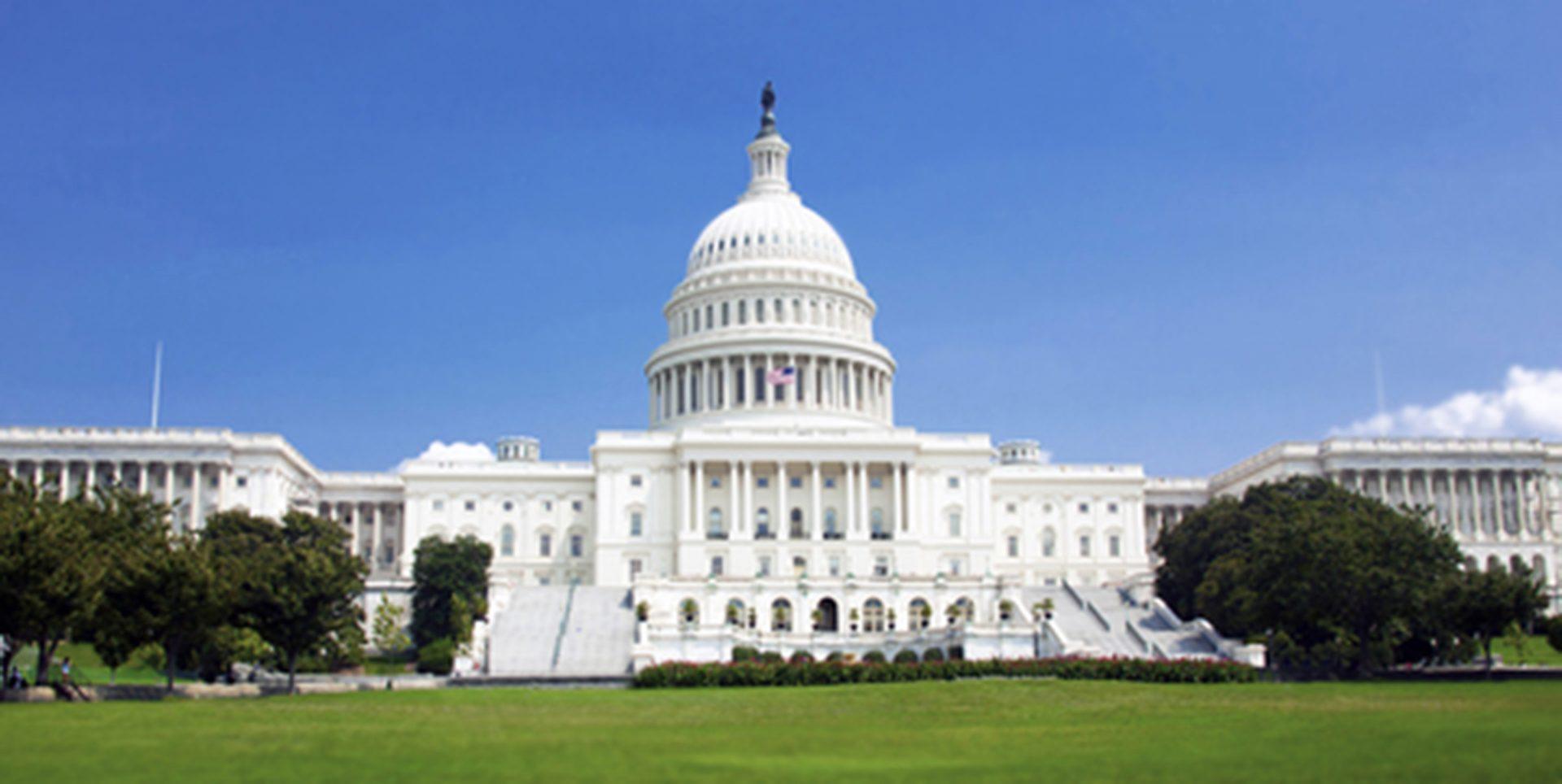By: David Winston
WASHINGTON — “It sounds strange to me to say this about the Republicans, but they’re helping with even the small things. They’re taking less out of my paycheck. I notice that.” So said Terry Hood, a young, African-American, Clinton voter in a recent Reuters interview about why millennials are moving away from Democrats.
Music to Mitch McConnell and Paul Ryan’s ears. And luckily for the GOP, Hood is apparently not the only millennial who’s noticed. A new Reuters/Ipsos poll of 16,000 young voters, ages 18 to 34, repeating a similar 2016 survey, found that support for congressional Democrats among this key group (as measured by the generic ballot test) went from 55 percent two years ago to 46 percent today — a drop of 9 points.
So, who moved and why? The biggest shift occurred with young white voters who went from favoring Democrats for Congress 47-33 percent in 2016 to dead even at 39-39 percent, a remarkable 14-point swing. While young voters still give Democrats the edge (34-32 percent), when it comes to which party is the better steward of the economy, Republicans narrowed the gap by 10 points over the past two years.
The biggest jump in generic ballot support for the GOP came from young, white male voters who flipped from favoring Democrats for Congress 48-36 percent in 2016 to giving Republicans a 46-37 percent advantage this year. That kind of reversal should get the attention of Democratic leaders who continue to embrace their anti-tax cut strategy.
But before Republicans start celebrating, the survey also found that while young voters’ support for Democrats slipped significantly overall, the GOP only gained 1 point with these important voters. Most of those who moved away from the Democrats headed to the undecided category.
Clearly, Republicans have more work to do to win over these voters. But, they can take heart in the fact that many in this key constituency are open to voting Republican this fall, which poses a threat to Democrats’ efforts to win back the House.
For the past decade, Democrats have operated on the assumption that young voters would remain a crucial element in their strategy for a long-term majority coalition. But making political assumptions based on demographics and the size of campaign rallies isn’t generally a good idea.
While Republicans haven’t yet reaped the benefits of the millennials’ move away from the Democratic Party, the survey shows the GOP has a significant opportunity going forward to make gains with a group that will represent an increasingly larger share of the vote in the years ahead.
As millennials take on more financial responsibilities, they may well repeat previous patterns of ideological movement to the center or center-right as voters age. Democrats have assumed that millennials were a different kind of political animal — one more ideologically progressive and sympathetic to their economic point of view.
As I talked about in last week’s column, a growing number of younger Americans are expressing their wariness, if not contempt, for the country’s free market system. To some degree, it’s understandable. They are the generation that grew up during the Great Recession.
Millennials saw their grandparents forced to continue working when their retirement savings disappeared almost overnight. They saw older brothers and sisters unable to find good jobs and, over time, found themselves in the same boat with a mountain of student loan debt. Finally, they saw their parents sacrifice their hard-earned savings to help both grandparents and children meet expenses, making retirement for them seem even more remote.
Not every millennial experienced the recession this dramatically, but most knew someone who did and it shook their faith in our system. They have been leaving home later, getting married later and having children later, but as the economy improved, so have their prospects. With a brighter future, their interest in both parties’ economic policies has grown.
Despite the economic turnaround of the last year, Democrats have decided to stick with their “crumbs” strategy and have failed to produce an alternative economic plan that resonates with young voters. With the passage of the tax cuts, congressional Republicans have doubled down, putting their chips on the free market values and principles that have shaped conservative economic theory for decades.
What they need now is a better, more aggressive plan to explain the benefits and sell the results.
Neither party has won the battle over their two very different economic philosophies just yet. Both would be wise to remember that with every voter group, actions speak louder than words. The impact of the much-maligned tax cut bill may be beginning to move voters, but it is too soon to draw conclusions based on a single survey, even one as large as the Reuters/Ipsos one.
The Great Recession shook the confidence of Americans of every age. Telling voters that Republican policies are good for them and for the country isn’t nearly enough these days, any more than simply touting the benefits of socialism to a skeptical public. Voters need to trust in a party’s economic theory before they are willing to hand over the keys to the car.
After eight long years of a sluggish, post-recession economy, America is saying one thing clearly to both parties: “Show me the money.”
David Winston is the president of The Winston Group and a longtime adviser to congressional Republicans. He previously served as the director of planning for House Speaker Newt Gingrich. He advises Fortune 100 companies, foundations, and nonprofit organizations on strategic planning and public policy issues, and is an election analyst for CBS News.





